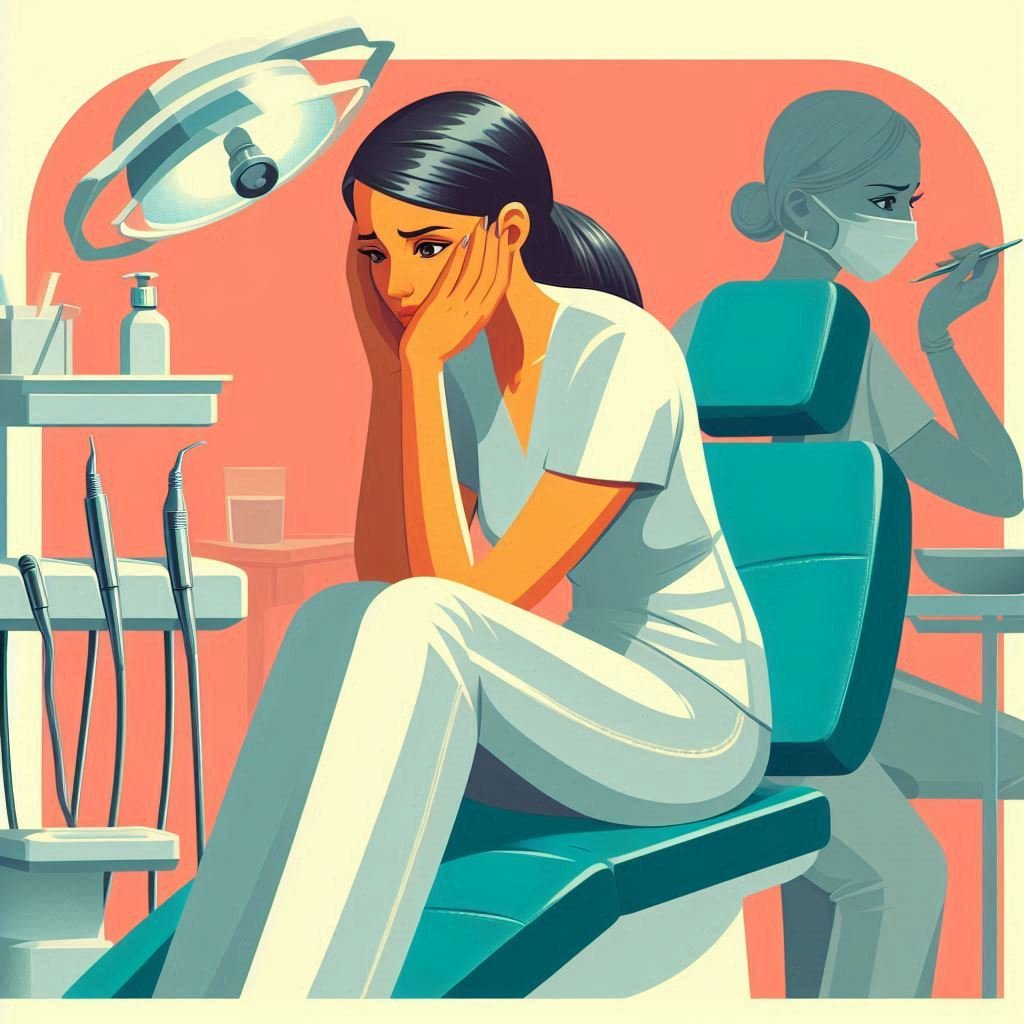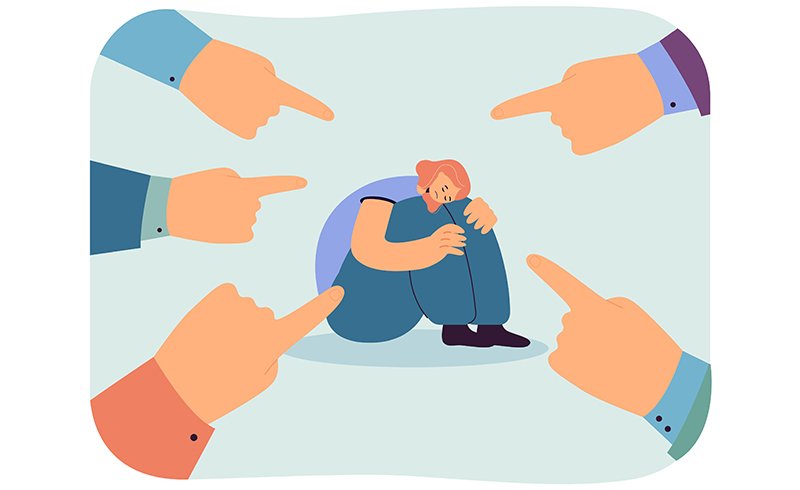News and Articles
(MEN)tal Health
Encouraging healthy conversations about mental health and being more vulnerable are important steps in helping to overcome some of these barriers to improving men’s mental health and wellbeing.
Anxiety disorder
Feeling anxious is a normal response to keep us safe from danger - it’s fight or flight in action. But persistent worry or distress can be difficult to control. Up to one-third of women and one-fifth of men will experience anxiety at some point in their lives. Recent research has found that 1 in 10 dental practitioners have reported a current diagnosis of anxiety disorder, and around 20% reported ever having a diagnosis of anxiety disorder.
Time for your mental health check-up?
As oral health professionals we are always recommending to patients that they have a regular dental check-up to ensure that we have the best chance to detect any disease early and prevent things from potentially getting worse. But it’s just as important for us to have a regular mental health check-up too.
Mandatory notification and mental health
If you are experiencing struggles, it is important that you seek professional help for your mental health. Mandatory notification should not be a barrier to seeking help, but if you are worried, speak with your treating practitioner about your concerns.
Healthy diet, healthy mind
A healthy diet is an integral part of not only our overall health and wellbeing, but also for our mental health too. There are two important aspect to the dietary impacts on our mental health - healthy eating can help to improve our mood and wellbeing, but sometimes we can slip into unhealthy eating and drinking practices in response to our mood or mental health.
Stigma - breaking down barriers
Up to 60% of people with a mental illness will not seek help, often because of the stigma associated with mental health. The view that mental illness is a sign of weakness, or that it’s not a real disease. So people suffering with a mental illness feel ashamed, they hide their symptoms and don’t talk about it. And most importantly, they don’t get the help or treatment they need. We need to have open and honest conversations about mental health so that people will seek help when they need it.
Feeling anxious?
Feeling anxious is a normal response to keep us safe from danger - it’s fight or flight in action, and it’s a feeling we all experience at some time in our lives. But persistent worry or distress can be difficult to control. Anxiety can interfere with how we go about our everyday lives and make it hard to cope with ‘normal ‘challenges. Anxiety disorder is one of the most common mental health issues in Australia, affecting up to one-third of women and one-fifth of men at some point in their lives.
Are you at risk of burning out?
Burnout is being increasingly talked about across the community, and particularly in the health professions. Research shows that 1 in 4 dental practitioners have symptoms consistent with burnout. It’s common to hear people now talking about how they have burned out or are feeling burnt out. So we need understand what burnout is, and what it is not.
Supporting colleagues in the workplace
Research shows that mental health issues are more common in the dental profession than the general community, and it’s likely that we work with colleagues who might be struggling with their mental health. One thing that we can all do is strive to creating a supportive and mentally healthy workplace in order to support our colleagues. It also helps to support our own mental wellbeing.









